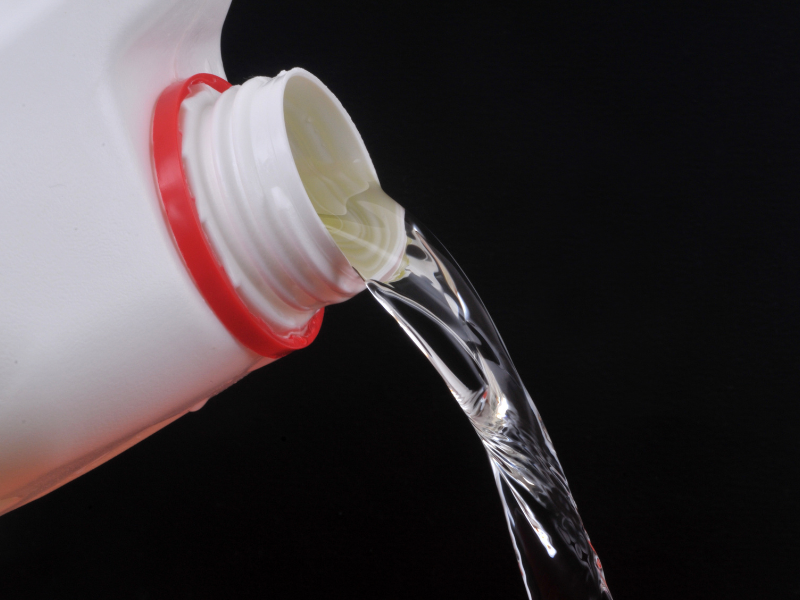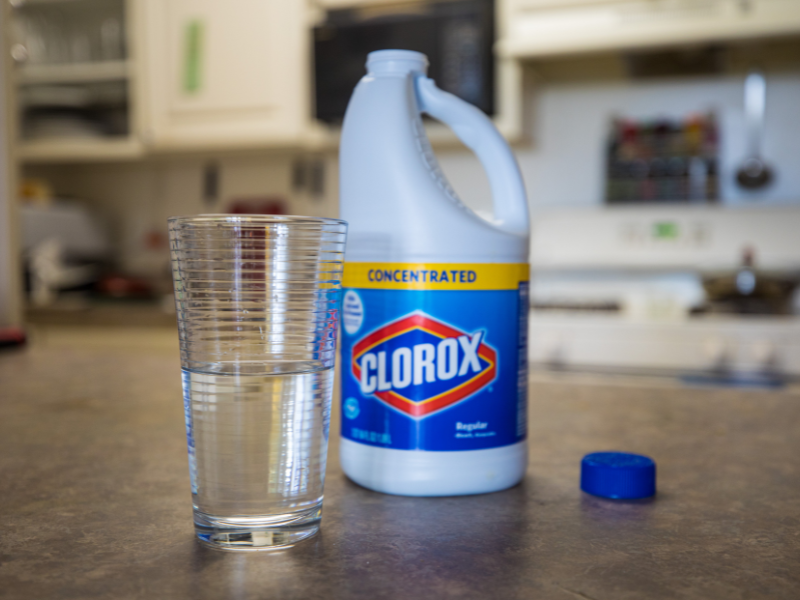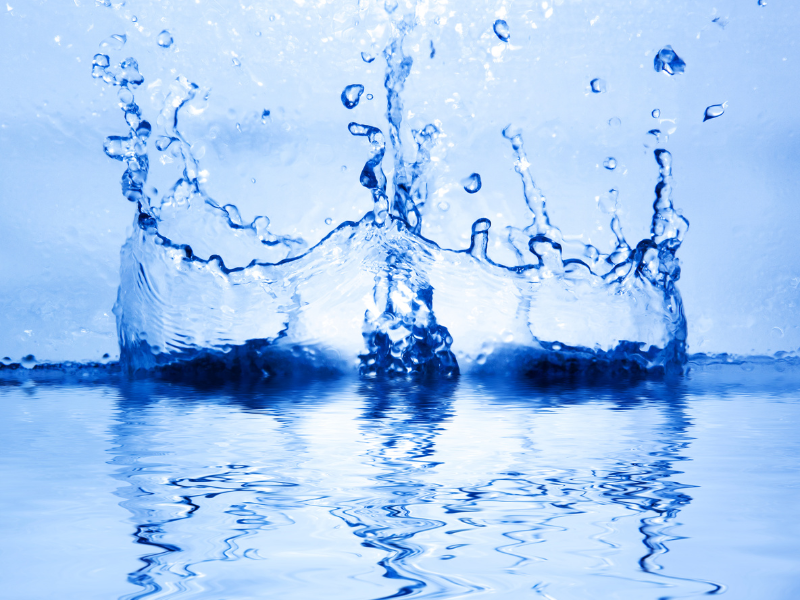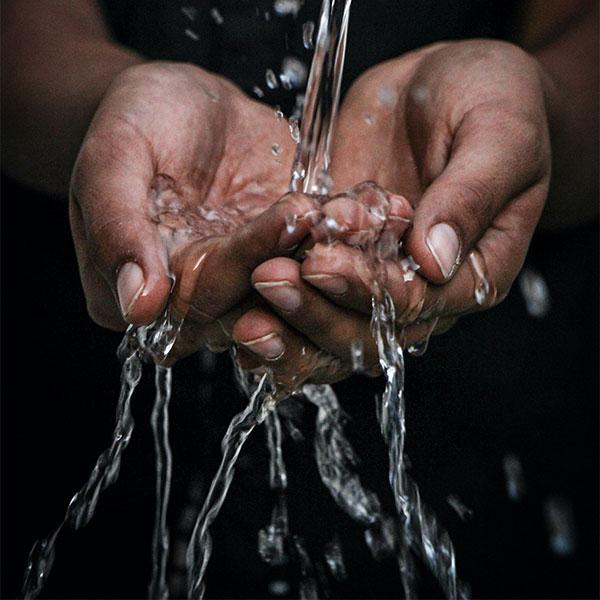Drinking untreated water is never safe, especially if you’re uncertain about its source. Water from streams, lakes, rivers, or ponds can be contaminated with bacteria, parasites like Giardia, or chemical pollutants. These contaminants can cause serious diseases, such as:
- Dysentery
- Cholera
- Typhoid
- Hepatitis
In an emergency where clean water is unavailable, treating contaminated water becomes a necessity. While boiling and filtering are reliable methods, they may not always be accessible. When you lack fire, fuel, or a water filter, **chemical treatments** are the best option for purifying water.
1. Chlorinating Water with Bleach
Chlorination is an easy and effective way to purify water using household bleach. Follow these steps:
- Add 1/8 teaspoon (8 drops) of liquid household chlorine bleach (5-6% sodium hypochlorite) for every gallon (4 liters) of water.
- Ensure the bleach is unscented and free from additives or thickeners.
- Stir well and let the water stand for at least 30 minutes before drinking.

2. Using Iodine for Water Treatment
Iodine is slightly more effective than chlorine at eliminating Giardia, but it comes with limitations:
- Add 5 drops of 2% tincture of iodine per quart of clear water. For cloudy water, double the dose.
- Shake well and let the water sit for at least 1 hour.
- Iodine works best when the water is at least 68°F (20°C).
Note: Iodine should be avoided or used cautiously by:
- People allergic to iodine
- Individuals with thyroid problems
- Pregnant or nursing women
- Women over 50
3. Specialty Water Treatment Products
For added convenience, numerous products are available on the market to purify water efficiently. These include:
- Water purification tablets: Fast-acting and portable.
- Purification drops: Easy-to-measure solutions for long-term storage.
- Water treatment pouches: Perfect for emergency kits.
Always follow the instructions on the product packaging to ensure safe and effective water treatment. Most products purify water within 20 minutes to a few hours. To maximize the shelf life of treated water:
- Store it in a cool, dark place.
- Avoid exposing it to direct sunlight.
Why Safe Water Matters
Access to clean drinking water is critical in any emergency or survival situation. Learning how to chemically treat water with household items or specialized products ensures you and your loved ones remain safe and hydrated.
Share Your Tips
Do you have any other water treatment methods or tips? Share your thoughts in the comments below to help others prepare for emergencies.















